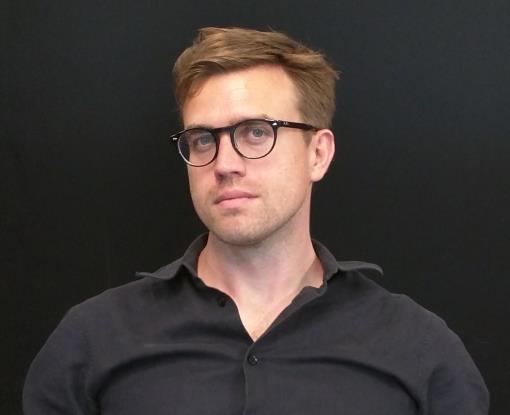Twelfth International Summer School on Mind, Brain and Education
2017 September 1–7
Neuroscience of poverty
Director of the School: Antonio M. Battro
Director of the Course: Sebastián J. Lipina
Codirectors of the Course: Eric Pakulak, María Soledad Segretin
Management Assistance of the Course: Matías Lopez-Rosenfeld
Program Officer of the School: Lula Majdalani
University of California San Diego, USA
James Derek Lomas is a cognitive scientist and humanity-centered designer. He studies the nature of fun (intrinsic motivation) by running large design experiments within popular online learning games. Experiments with thousands of learners can rapidly test scientific theory: for example, a 2017 publication tested predictions from neuroscientist Donald Hebb and cognitive psychologist Mihaly Csikszentmihalyi. He is presently focused on helping digital learning companies adopt new systems for running software experiments—experiments that can support scientific discovery and support data-driven continuous improvement for millions of students. Lomas received his BA in Cognitive Science from Yale, his HCI PhD from Carnegie Mellon and his post-doc with Don Norman at the UC San Diego Design Lab. He is the founder of playpowerlabs.com, which has produced over 35 educational games for clients like Scientific Learning and Carnegie Learning. He is currently writing a book about oscillatory neurodynamics and design.

Large-Scale Learning Data and the Neuroscience of Poverty
Every day, millions of students use online learning software. Increasingly, there are opportunities to use this data to inform scientific research and to produce more effective digital learning experiences. In this talk, I will address the question: "How does poverty influence student behavior during the use of educational software"? I investigate performance trends in high-poverty and low-poverty schools in India and America, by analyzing a year’s worth of anonymized math and reading log data from over 4 million students. While the uneven nature of the log data prevents causal inference, future large-scale educational systems will permit large-numbers of controlled experiments. Therefore, I will discuss several opportunities and challenges for running large-scale behavioral neuroscience experiments within “real-world” learning software. I will specifically explore the potential of large-scale systems to test neurodynamic theories of attention, which have been used to explain the effects of poverty on the coherence of slow-wave neural oscillations.















